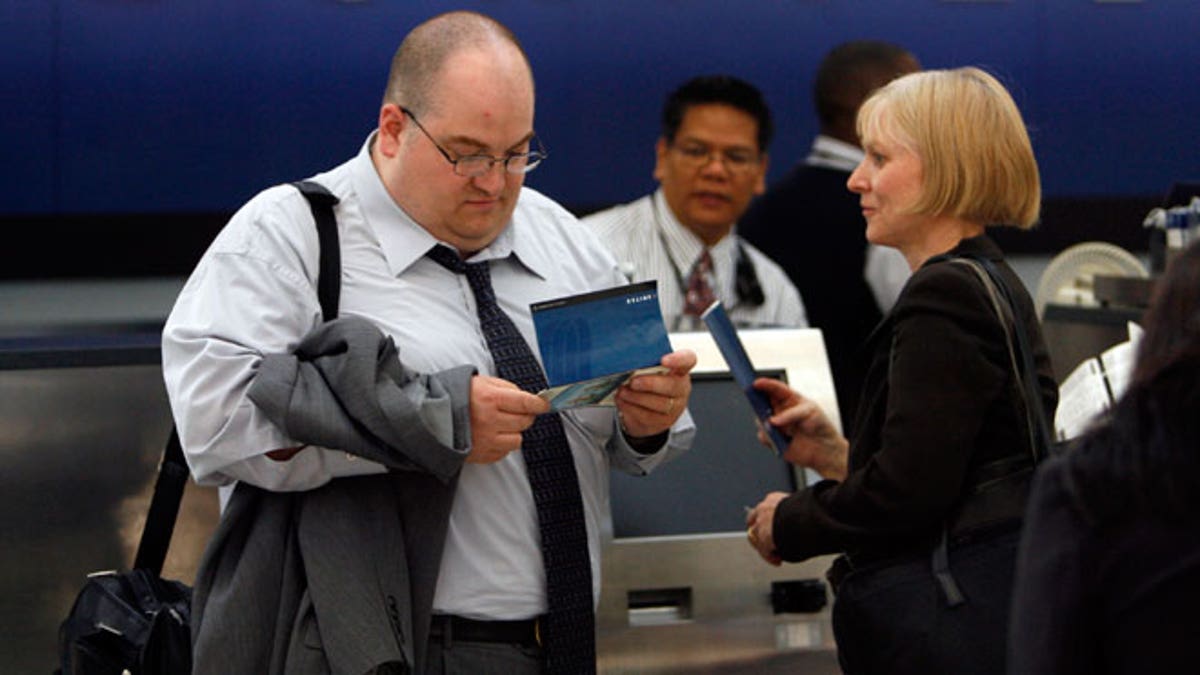
(Reuters)
The travel tax rate is not likely at the forefront of a business traveler’s mind when attending events or meetings in another city, but it’s worth paying attention to - the Global Business Travel Association (GBTA) found that travelers pay on average 57% more in discriminatory taxes on travel-related services, such as car rental, hotel rooms and meals, over general sales tax.
The GBTA’s recently released list of the best and worst travel taxes in the top 50 U.S. travel destinations shows huge differences in per-day rates between different cities.
If not on the road warrior’s mind, it’s certainly on the travel manager’s. Joseph Bates, GBTA Foundation VP of Research, says cities should think of the loss of business to the local economy when levying high discriminatory travel taxes: “Business travel is a key driver of economic growth, but overly burdensome taxes on business travel can often do more harm than good, especially when those taxes unfairly target visitors”.
So where can travelers get a break, and where should they budget for steeper charges?
Least Expensive Cities for Travel Taxes
Florida is the place to visit if you want to keep your travel budget in check. Three cities tie for the most travel-friendly tax rates - Fort Lauderdale, Fort Myers and West Palm Beach all boast combined single-day travel taxes of $22.21. Detroit, at $22.37 per day in travel taxes, poses a possible alternative to budget-busting Chicago taxes. On the left coast, Portland, Oregon offers a reasonable rate of $22.45 per day.
Most Expensive Cities for Travel Taxes
The Windy City will hit your wallet the hardest - Chicago’s combined daily travel taxes come to $40.31. The Big Apple will also take a bite out of your budget, better plan on adding $37.98 per day in travel taxes for New York City stays. There’s another “green monster” in Boston besides the one at Fenway: you’ll be shelling out almost $35 greenbacks in travel taxes each day of your trip.
Adding insult to injury, the GBTA found that cities’ discriminatory car rental, hotel and meal taxes are “often used to fund local projects unrelated to tourism and business travel”.
